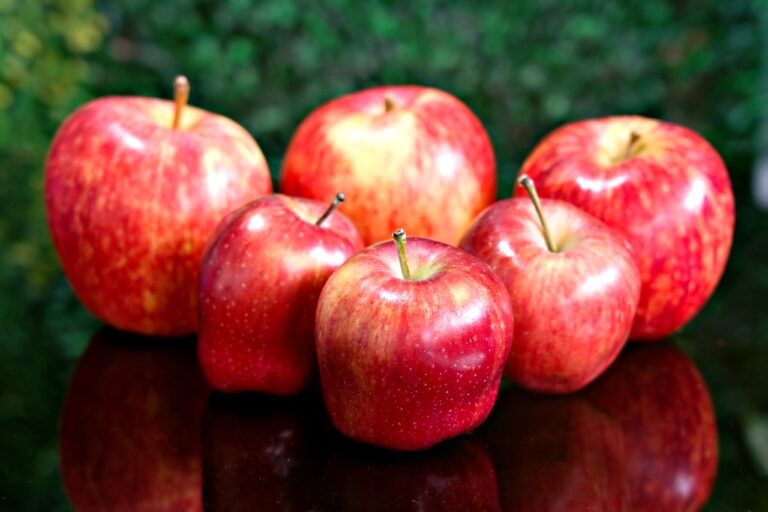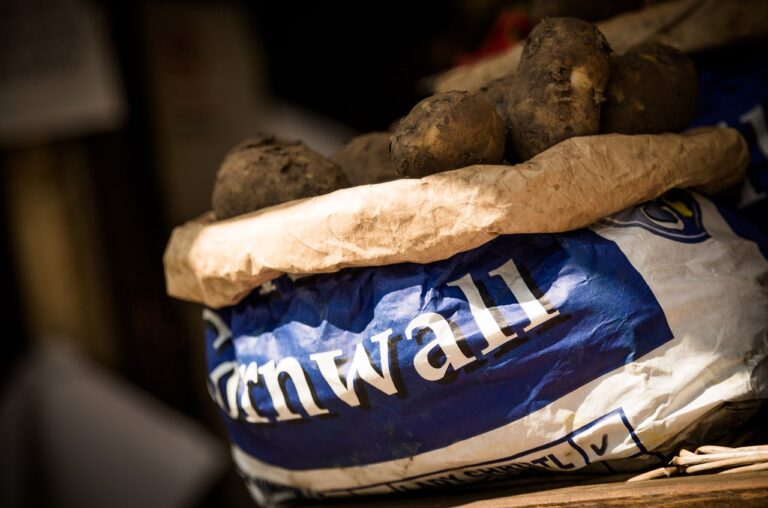The Impact of Water Scarcity on Produce Farming: All panel login, Crickbet99, Lotus365
all panel login, crickbet99, Lotus365: Water scarcity is a pressing issue that poses a significant challenge to produce farming around the world. In many regions, water resources are limited, leading to decreased crop yields, poor quality produce, and even complete crop failure. The impact of water scarcity on produce farming is far-reaching, affecting not only farmers but also consumers, food security, and the environment.
As the demand for food continues to rise with a growing global population, the need for sustainable farming practices becomes increasingly crucial. Water is a vital resource for agriculture, with crops requiring sufficient irrigation to thrive and produce high-quality yields. However, as water sources become depleted or polluted, farmers are faced with the daunting task of finding alternative solutions to sustain their crops.
The impact of water scarcity on produce farming is multifaceted, affecting different aspects of agriculture in various ways. From decreased crop productivity to increased production costs, the consequences of water scarcity are significant and can have long-lasting effects on the farming industry. In this article, we will explore the various challenges faced by produce farmers due to water scarcity and discuss potential solutions to mitigate these issues.
Challenges Faced by Produce Farmers Due to Water Scarcity
1. Decreased Crop Yields: One of the most significant impacts of water scarcity on produce farming is reduced crop yields. Without an adequate water supply, crops may not receive the necessary nutrients to grow, leading to stunted growth and poor productivity. This not only affects farmers’ income but also contributes to food shortages and higher prices for consumers.
2. Poor Quality Produce: Water scarcity can also lead to poor quality produce, as crops may not receive enough water to develop properly. This can result in smaller fruits, vegetables, and grains that are less nutritious and less appealing to consumers. In addition, water-stressed crops are more susceptible to diseases and pests, further compromising the quality of the produce.
3. Increased Production Costs: Farmers facing water scarcity may incur higher production costs as they invest in alternative irrigation methods or technologies to sustain their crops. This can include the purchase of water-efficient irrigation systems, the drilling of deep wells, or the transportation of water from distant sources. These additional expenses can strain farmers’ budgets and make it difficult for them to remain profitable.
4. Crop Failure: In severe cases of water scarcity, produce farmers may experience complete crop failure, leading to devastating consequences for their livelihoods. Without enough water to sustain their crops, farmers may be forced to abandon their fields or switch to less water-intensive crops, resulting in lost income and food insecurity.
5. Environmental Degradation: Water scarcity can also have negative impacts on the environment, as farmers may resort to unsustainable practices such as over-pumping groundwater or diverting water from rivers and lakes. This can deplete water sources, disrupt ecosystems, and contribute to soil erosion and desertification. In the long run, these practices can have detrimental effects on the environment and biodiversity.
Solutions to Mitigate the Impact of Water Scarcity on Produce Farming
1. Efficient Irrigation Practices: Implementing water-efficient irrigation practices can help farmers reduce water waste and maximize crop yields. Drip irrigation, for example, delivers water directly to the roots of plants, minimizing evaporation and runoff. Other techniques, such as mulching and soil moisture sensors, can also help farmers optimize water use and conserve this precious resource.
2. Crop Diversification: To cope with water scarcity, farmers can diversify their crop selection and focus on drought-tolerant varieties. By growing a mix of crops that have varying water requirements, farmers can better adapt to changing water availability and reduce the risk of crop failure. Crop rotation and intercropping can also help improve soil health and water retention.
3. Rainwater Harvesting: Harvesting rainwater is another effective way for farmers to supplement their water supply during periods of scarcity. By collecting rainwater in storage tanks or ponds, farmers can reduce their reliance on groundwater and surface water sources. Rainwater harvesting systems can be simple and inexpensive to implement, providing a sustainable water source for agriculture.
4. Soil Conservation: Healthy soil is essential for water retention and crop growth, especially in arid regions facing water scarcity. Farmers can practice soil conservation techniques such as cover cropping, contour plowing, and terracing to prevent erosion, improve water infiltration, and enhance soil fertility. Healthy soil can hold more water and nutrients, reducing the need for additional irrigation.
5. Water Recycling and Reuse: Recycling and reusing wastewater can help farmers conserve water and reduce their environmental impact. By treating and filtering wastewater from agricultural activities, farmers can safely reuse it for irrigation, reducing the demand for fresh water resources. In some cases, treated wastewater may even be suitable for crop production without impacting food safety.
6. Sustainable Water Management: Implementing sustainable water management practices at the farm level and beyond is crucial for mitigating the impact of water scarcity on produce farming. Farmers, policymakers, and stakeholders must work together to develop water management plans that prioritize water conservation, efficiency, and equity. This can include promoting water rights, implementing water pricing mechanisms, and fostering community-driven water stewardship initiatives.
FAQs
Q: Why is water scarcity a significant challenge for produce farming?
A: Water is essential for crop growth and productivity. Without an adequate water supply, crops cannot thrive, leading to decreased yields, poor quality produce, and even crop failure.
Q: How can farmers cope with water scarcity in agriculture?
A: Farmers can implement water-efficient irrigation practices, diversify their crop selection, harvest rainwater, practice soil conservation, recycle wastewater, and promote sustainable water management to cope with water scarcity.
Q: What are the long-term consequences of water scarcity on produce farming?
A: Water scarcity can have long-term consequences on produce farming, including decreased crop yields, poor quality produce, increased production costs, crop failure, and environmental degradation.
In conclusion, water scarcity poses a significant challenge to produce farming, impacting crop yields, produce quality, production costs, and environmental sustainability. By implementing water-efficient practices, diversifying crops, harvesting rainwater, practicing soil conservation, recycling wastewater, and promoting sustainable water management, farmers can mitigate the impact of water scarcity and ensure the long-term viability of agriculture. Collaborative efforts from farmers, policymakers, and stakeholders are essential to address water scarcity and secure a sustainable future for produce farming.







